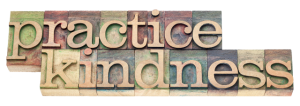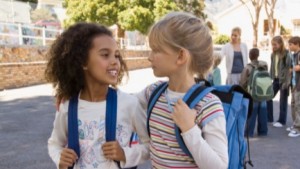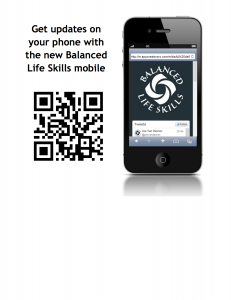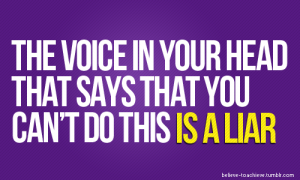 Leading by example, it’s something we try to do for our children in many different areas of life. In a way, by doing this we become a leader as we direct the way for our children. Something that your children may not be aware of is that they can be leaders as well, leaders of kindness, and this is something that you can not only support but encourage.
Leading by example, it’s something we try to do for our children in many different areas of life. In a way, by doing this we become a leader as we direct the way for our children. Something that your children may not be aware of is that they can be leaders as well, leaders of kindness, and this is something that you can not only support but encourage.
In this world we need individuals who will step up and guide others in the positive aspects of life, one of the most important areas being kindness, as kindness is the promoter of peace. So how can your children be kindness leaders? Through demonstrating kind acts to peers they are leading the way, they are showing their friends how easy being kind can be and what an impact it can have. By helping a classmate who has too many books in his hands to carry, to helping a smaller child find his way to a classroom, these are examples of kindness and can occur spontaneously as random acts of kindness as your children see opportunities.
As you display random acts of kindness in your life, your children notice. Encourage your children to do the same and let them know when they do something kind, their friends notice as well. To encourage kindness, let your children take the lead so they can truly be leaders. Let them come up with ideas while you support their ideas. By doing this, letting them come up with the ideas rather than telling, you are giving your children confidence as kindness leaders.
After your children come up with some ideas, come up with some ideas for yourself, ways that you may be able to show acts of kindness. Ultimately each of you can share these acts of kindness after they happen. And what a joy it will be to watch your children light up as they discover for themselves what it means to lead others in kindness, making the world a better place, one small act at a time.




